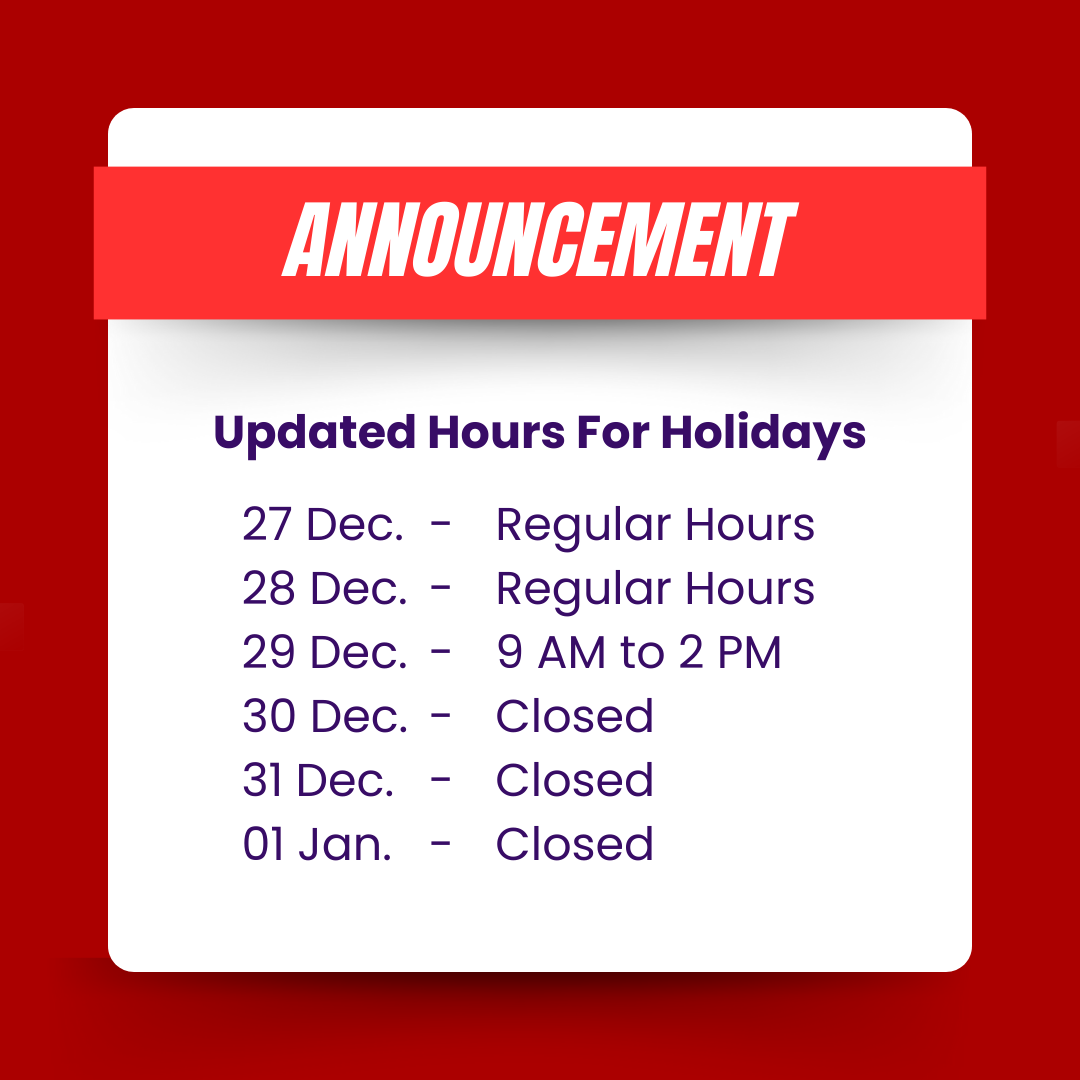Becoming a first-time home buyer is an exciting milestone and there are several incentives and assistance programs available to make the process more accessible and affordable. In this comprehensive guide, we will explore the various incentives and programs designed specifically for first-time home buyers. Whether you are looking for grants, tax credits, or financial assistance, understanding these resources can help you navigate the real estate market with confidence. Let’s delve into the incentives and assistance available to make your dream of homeownership a reality.
First-Time Home Buyer Programs
Many governments and organizations offer specific programs to support first-time home buyers. Here are some popular ones:
- Home Buyer Assistance Programs: These programs provide financial assistance, such as down payment grants, closing cost assistance, or low-interest loans, to help first-time buyers overcome financial barriers.
- Land Transfer Tax Rebates: Some jurisdictions offer rebates or exemptions on land transfer taxes for first-time home buyers.
- Mortgage Insurance Programs: Government-backed mortgage insurance programs, such as the Canada Mortgage and Housing Corporation (CMHC) mortgage loan insurance, help first-time buyers qualify for lower down payments and competitive interest rates.
- Shared Equity Programs: These programs allow first-time buyers to share ownership with a government or nonprofit organization, reducing the initial purchase price and monthly mortgage payments.
First-Time Home Buyer Tax Credits
First-time home buyers may be eligible for various tax credits to help with homeownership costs. Consider the following tax credits:
- First-Time Home Buyer’s Tax Credit: This federal tax credit provides a non-refundable credit for eligible home buyers based on a percentage of their home purchase amount, reducing their overall tax liability.
- Home Buyers’ Plan (HBP): The HBP allows first-time buyers to withdraw funds from their registered retirement savings plans (RRSPs) without penalty to finance their home purchase.
- Provincial/Territorial Tax Credits: Some provinces and territories offer additional tax credits or deductions specific to first-time home buyers. Research the applicable tax credits in your jurisdiction.
Down Payment Assistance Programs
Saving for a down payment can be a significant hurdle for first-time home buyers. Fortunately, there are down payment assistance programs available:
- First-Time Home Buyer Grants: Some programs provide grants to eligible buyers that can be applied toward their down payment, helping to reduce the upfront costs.
- RRSP Home Buyers’ Plan (HBP): As mentioned earlier, the HBP allows first-time buyers to withdraw funds from their RRSPs without penalty, providing an additional source for down payment funds.
Mortgage Interest Rate Reductions
Certain programs offer reduced interest rates for first-time home buyers to make homeownership more affordable. Examples include:
- First-Time Home Buyer Interest Rate Incentives: Financial institutions may offer special interest rates or discounted mortgage products for first-time buyers.
- Government-Backed Mortgage Insurance: Government-backed mortgage insurance programs provide lenders with added security, allowing them to offer lower interest rates to first-time buyers with lower down payments.
Conclusion
As a first-time home buyer, there are various incentives, assistance programs, grants, and tax credits available to help you achieve your homeownership goals. From financial assistance and down payment support to tax credits and reduced interest rates, these resources can make a significant difference in your journey to owning a home. It’s essential to research and explore the options specific to your location and circumstances.
Consult with local authorities, financial institutions and reputable real estate professionals to determine which incentives and programs you may be eligible for. With the right information and support, you can navigate the real estate market with confidence and turn your dream of homeownership into a reality.







